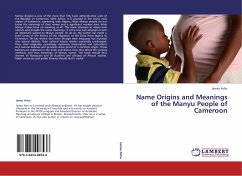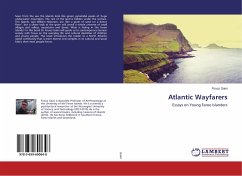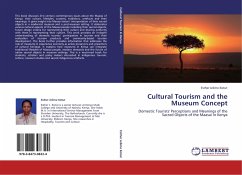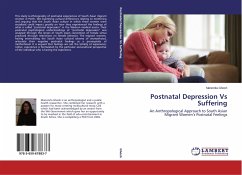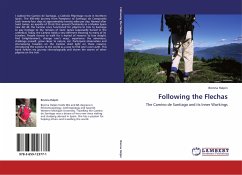Climate variability and change are no longer new concepts in our world. Its effect is felt more by farmers practising rain fed agriculture, which is widespread in Africa. Farmers are facing changing temperatures, changing rain patterns which are affecting their farming practice and health. The proposed solutions by International development organisations are land-saving and yield-enhancing technologies; like hybrid and improved seeds, synthetic fertilizers and pesticides. In the forest communities in Cameroon, cassava is the main staple crop consumed by 99% of the population. This crop is mainly cultivated by women, who use the money to buy household necessities and provide food for the family. Interestingly, cassava production is replacing cocoa as a main income generating crop due to the volatile prices in 2011/2012 cocoa season. Women are soliciting improved cassava varieties from the International Institute of Tropical Agriculture, which are pest and drought resistant, but adopt only varieties that can be embedded in their socio-political and cultural environment. An understanding then of forest communities farmer's socio-political environment is important.


